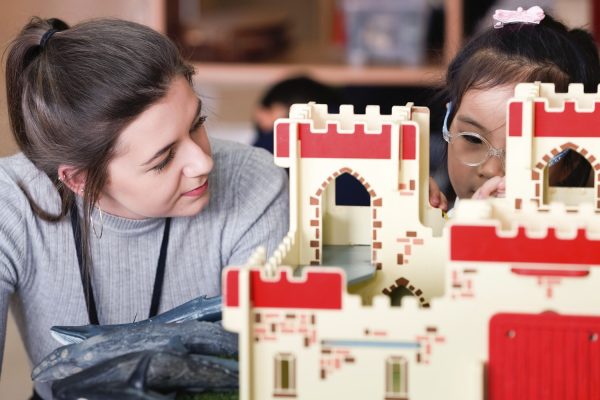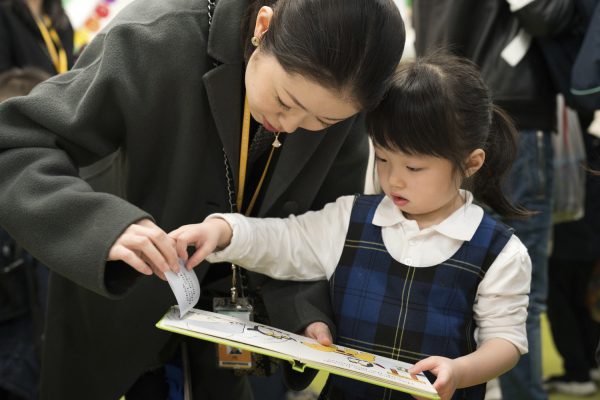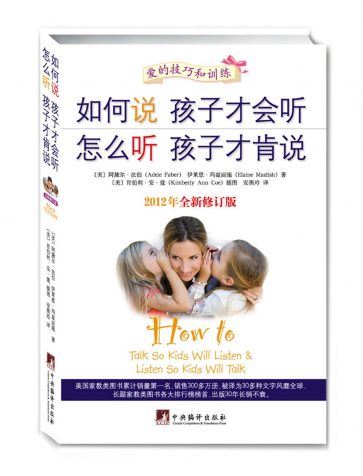
Parenting. A multi million pound / RMB business. A myriad of theories on how best to raise your child, according to your personality (rather than theirs). Guidance and advice galore on what to do with this small human being comes from every form of media in existence. On Amazon alone, there are over 50,000 books relating to parenting. It is a complete minefield, to be navigated until the fledgling flees the proverbial nest to enjoy a happy and glorious life, at which point the parents are not too exhausted to enjoy the rest of their lives together. Or that’s how it’s supposed to be, right?

This insight is a republication of a Week Ahead from 2018. I believe that it is timely to remind every adult, not just parents, a child, by definition is ‘an immature or irresponsible person; a person who has little or no experience in a particular area’. Children are absorbing an enormous amount of information about the world around them. They are learning all of the aspects of language, how to negotiate space, problem solve, use their fingers more intricately, how to make things work, and how to bounce back when things don’t work. Whilst trying to figure out the boundaries and rules of life, they are also trying to understand what their feelings mean, why they react to certain situations in different ways and manage how they feel and how they behave. Historically, children were viewed as tiny adults, able to function the same as the larger version. Thankfully, over more recent decades, there has been a wealth of valuable research in to how children work – physically, psychologically, socially, emotionally and physiologically. We know that they are different to adults. We now understand that there are various phases and stages of childhood. Moreover, we appreciate that they are unique individuals.

I remember the deal that I made with myself when I discovered I was pregnant with my first child: I was going to be the very best parent that I could be, and possibly better than anyone else who had ever been a parent before me. I had experienced success in my career, I was the youngest lecturer that Durham School of Podiatric Medicine had employed for one……how hard could this be? Armed with just about every parenting book in print by mid-2006 and with access to an abundance of information on the internet plus a variety of antenatal classes, my self-assuredness grew. I was on track to be supermum, I had it all planned down to the very last detail.

Fast forward to early 2007 and my blessed child arrived – admittedly not quite in the way that I had planned, but hey, you can’t control everything right? Named after my father and one of the better-known biblical angels, he was an absolute cherub and was doted upon by all who encountered him. Life was good, being a mum was something that came naturally to me and I enjoyed every moment of it; the midnight feeds, the cute splashy baths, meeting my husband on the sofa at 04:30 for tea and biscuits whilst we doted on our son, snuggling him close in a papoose whilst out and about – it was all good. Going back to work was hard but, as supermum, I juggled my work and my family. My son went to a lovely nursery from nine months of age and he was cared for by wonderful people, whom I trusted implicitly. He was very social (for a baby) and had friends – even though they couldn’t talk to each other, I knew that he was popular due to the facial expressions and gurgling that took place. This was a clear sign that I was doing the right thing as a parent, surely. Fast forward to the summer of 2008 and my second child arrived. Not exactly planned, but these things happen, right? Being supermum, I was out of hospital the same day and back home with my family and in the garden with the angel. Life was more hectic however, once again, I juggled work, life and family. I took my second child to work with me at ten days old to present a programme I had designed to a University validation panel. I was supermum after all – this was what it looked like, I could feel it. My youngest son joined his brother at nursery and enjoyed being just as popular; popularity being measured by gurgles and smiles (did you know that wind also causes smiles and gurgles in a baby? I must have missed that in the books somehow). Life was perfect, my children were perfect, and all was fine and dandy until one day when I went to collect my boys and the news was delivered to me……
